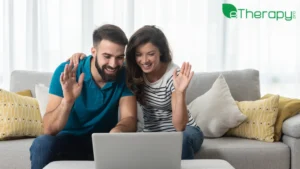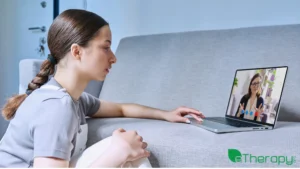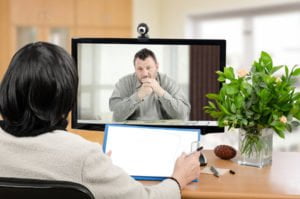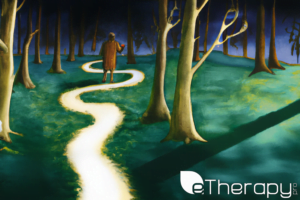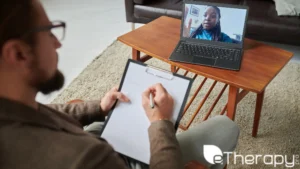The world is always changing and with it changes the way services are delivered. Technology connects people like never before and allows them to do things that were previously impossible. It used to be that the only food delivery you could get was pizza or Chinese and if you wanted a hearty, chef-inspired restaurant cooked meal, you had to get dressed, drive to the restaurant, and stand for 30 minutes until a table became available. With the invention of apps and websites like GrubHub and DoorDash, you can have food from any restaurant you want delivered right to your door. Likewise with grocery shopping, buying clothes, and automatic delivery of your pet’s favorite food. Intangible services have also become more readily available. People are no longer limited to dating people that live in their neighborhood, book clubs can have members from around the world, professionals can give their opinions easily and to as many people as have access to a computer.
Along with the rest of the world, the way therapy and counseling is being delivered is also evolving. With the technology that is now at just about everyone’s fingertips, therapists and counselors can reach clients in ways they never could before. People now have options that were previously closed off to them. Getting good and proper mental health treatment is easier than ever for people all over the world and from all walks of life. Online therapy, or e-therapy, has made it possible to get mental health help from anywhere at anytime, making it more accessible than ever.
Is online counseling right for me?
People are asking themselves if online counseling is right for them, when the real question should just be “Is counseling right for me?” If the answer is yes, then the first thing to do is start looking for a therapist that matches your particular need. Do you need or desire frequent or regular contact?
When exploring online therapy for the first time, many potential clients are curious about what will be different. The short answer is that besides the method of delivery, online counseling works much like like traditional face-to-face therapy. Sessions are often structured the same way and achieve similar outcomes.
Just like with traditional therapy, it’s important to prepare for e-therapy by ensuring that the therapists you’re checking out have been licensed and are running a legitimate practice. Any licensed therapist—regardless of how he or she delivers their services—will have received extensive training in a variety of techniques. If there is a specific concern like PTSD, addiction recovery, or couple’s counseling, clients can and should research therapists who specialize in the relevant area. One advantage online therapy has vs face-to-face is that it can be much easier to find a therapist that specializes in whichever field the client needs, especially for people living in rural or underserved communities. For example, if a client is in need of therapy specifically to deal with symptoms of Obsessive-Compulsive Disorder, it’s “luck of the draw” whether there is a therapist with experience helping with OCD symptoms within a reasonable distance from the client’s home. Connecting with therapists online greatly increases options, making it more likely that each client can find the therapist that is the best fit for his or her specific and unique needs.
As for the therapeutic experience itself, once the initial period of adjustment to a new format is over, most people find it to be remarkably similar to face-to-face therapy. The objectives are identical: the clinician will work with the client to identify goals, the most appropriate therapy style (for example, cognitive-behavioral) will be selected, and the therapist and client will then begin working together within this framework. Just like with face-to-face therapy, e-therapy sessions may include journaling or creative assignments, worksheets, or selected readings.
As for talking remotely vs in the same room, the difference isn’t as big as most clients imagine. Clients have more options in how they talk to their therapist – the offer of messaging, live chat, phone, and video sessions give clients more choice. The quality of digital communication has increased so markedly in the last few years that online conversations are now happening with high quality visual resolution and excellent audio, making the experience as smooth and fluid as a face-to-face experience. In fact, multiple studies have shown very similar outcomes and patient satisfaction for online counseling compared to the face-to-face style. ean-therapy has some unique advantages, too. Besides skipping the drive and the waiting room, which can be crucial for those with busy schedules, some clients actually find it more comfortable to be in the familiar surroundings of home rather than a clinician’s office.
Another thing to consider is that online therapy often offers one option that traditional therapy does not: namely, more frequent access to the therapist. Unlike brick-and-mortar practices that simply charge a flat hourly rate for “face time”, many e-therapy practices include unlimited monthly access to the counselor via messaging. For people who feel comfortable with this kind of communication, or for those who would appreciate the extra support, e-therapy may be worth considering.


